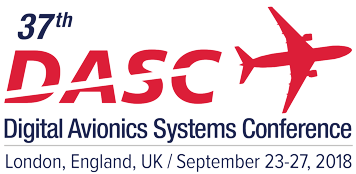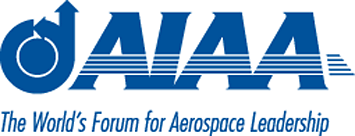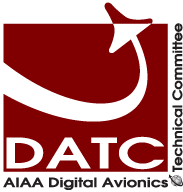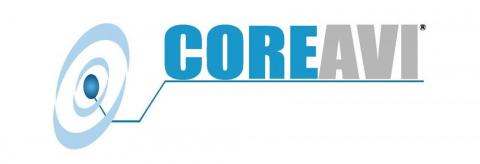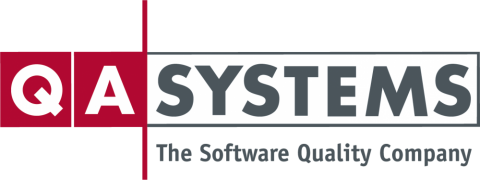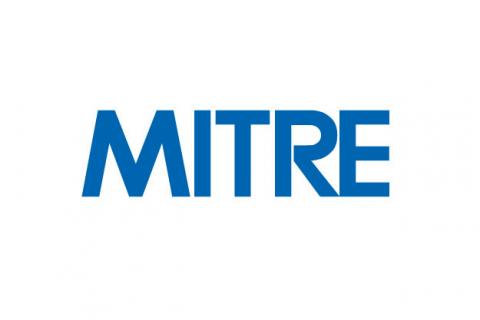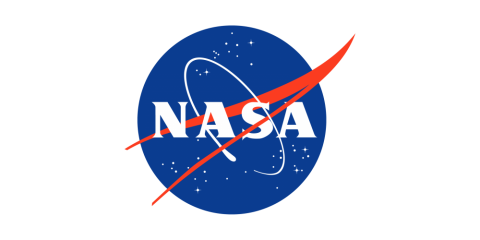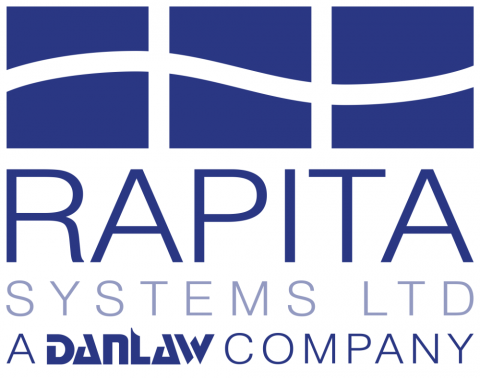Description
DO-178C/ED-12C and its predecessors have reigned at the top of the software design assurance pyramid for more than twenty-five years. At this point, compliance to DO-178C is simply expected for all software on commercial transport aircraft. However, with recent changes at the FAA to reorganize their software guidance and shift to a more risk-based approach for compliance oversight, this is no longer strictly the case for general aviation. There are also alternatives to the DO-178C prescriptive process assurance being explored by the FAA. Such approaches will be crucial to ensuring autonomous aircraft can move forward given their reliance on machine learning and other forms of artificial intelligence.
As in years past, this tutorial will provide the student with a fast-paced introduction to software design assurance and will cover DO-178C in its entirety. In doing so, emphasis will be given to the underlying core principles that any well-engineered avionics or flight control system should possess. The first session will address how software design assurance relates to the broader concepts or system safety and the current certification framework. Part 1 will also provide complete coverage of the objectives, activities, and data associated with the typical life cycle phases of planning, requirements, and design. We will look at the impacts of various technologies and methods as we go including the relevant aspects of both the technical supplements (DO-331, DO-332, and DO-333) and other guidance and guidelines (FAA Orders, EASA certification memos). Finally, we will look at what the new guidelines originating out of ASTM and are domain guidelines (e.g., ISO 26262) have to say about design assurance that could be relevant for your UAS work.
Speaker Bio
Tom Ferrell is a Systems and Equipment Designated Engineering Representative (DER) for the US Federal Aviation Administration (FAA). Tom’s primary focus is software and Airborne Electronic Hardware (AEH) compliance oversight, but he works across aircraft types and on a wide variety of aircraft systems. Recent assignments include eVTOL control systems, AEH tool developer qualifications (exploring cross-domain application of both DO-254 and ISO 26262), and a number of satellite navigation-related projects. Tom is a co-founder of Ferrell and Associates Consulting, Inc. a certification and aviation safety consultancy. Previously, Tom has held senior technical positions at Science Application International Corporation (SAIC), Iridium LLC, and the Boeing Commercial Airplane Group. Tom holds a bachelor’s degree in Electrical Engineering from Northern Illinois University, a Master’s degree in Information Technology Management from Rensselaer PolyTechnic Institute, and a Master’s degree in History from George Mason University. Tom was one of the technical editors for the third edition of the Digital Avionics Handbook, published in 2014 by CRC Press.
